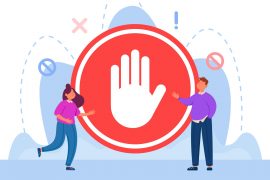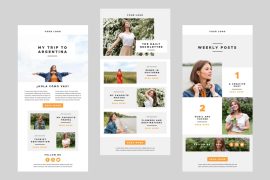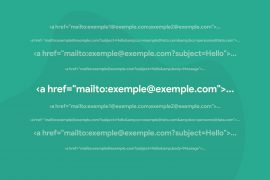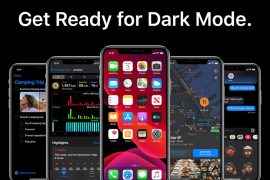Common scenario: You send an email campaign to invite your clients to a webinar, a flash sale, or an exclusive event. They are interested, but among other emails, daily life, and distractions of all kinds, your event is quickly forgotten. The “Add to Calendar” link helps to avoid this problem. By giving your subscribers the option to save an event directly to their calendar, you simplify their lives and increase the chances that they’ll remember your date at the right time. Let’s explore together why and how to integrate this feature into your sends.
Why include an “Add to Calendar” link in your emails?
The “Add to Calendar” or “Subscribe to Calendar” link is a tool that, while basic in appearance, is actually extremely practical and relevant, particularly in the context of email campaigns related to events.
Here are four good reasons to consider this option:
Greater participation from your contacts
By adding the event directly to their calendar, your subscribers are much less likely to forget it. Additionally, automatic reminders from calendar tools help ensure that participants are ready at the appointed time.
A better experience for users
Offering a button that automatically adds an important date to your subscribers’ calendars makes it easier for them. And we know, the simpler an action is, the more people will be inclined to undertake it!
Higher engagement
Engagement goes beyond just opening an email. By allowing users to pre-register for an event with a simple click, you bring them closer to active participation, which increases the quality of your audience.
Higher participation rate
Including an “Add to Calendar” link can yield a significant return on investment. According to a Litmus study, emails containing this type of link record an increase in event participation by up to 30%. The impact is even more pronounced for online events, where ease of access plays a crucial role.
How does this link work?
The “Add to Calendar” links are generally files in .ics format, a standard used by most calendar applications, such as Google Calendar, Yahoo, Outlook, and Apple Calendar… When a subscriber clicks on the link, an .ics file is downloaded, allowing them to add the event to their calendar in just a few clicks.
Platforms like Google Calendar and Outlook also offer the possibility to generate direct links, thus avoiding the need to download an .ics file. This simplifies the process and ensures an even smoother integration for the user.
How to create and integrate an .ics file for your event emails
Creating an .ics file is a simple and accessible task, even for marketing professionals without advanced technical skills. Two main options are available:
1) Using a calendar tool
You can use Google Calendar or Outlook to create an event, then export it as an .ics file or generate a direct link. This allows you to obtain a file or link that you can include in your emails, compatible with most of your subscribers’ calendars without needing additional tools.
2) Calendar API
For large-scale campaigns or personalized events, you can use calendar APIs such as those from Google or Microsoft. They allow the creation of dynamic links that can be directly integrated into your emails, providing a user experience tailored to individual needs.
Some tips for integrating an “Add to Calendar” link
- Ensure the “Subscribe to Calendar” link is placed prominently in your email. Ideally, place it near the call-to-action. For example, just below a “Sign Up” or “Reserve Your Spot” button.
- The user should immediately know what it is about. Prefer clear labels like “Add to your calendar” to grab attention, avoid any confusion, and encourage action.
- Make sure your link works with various calendars, including Google, Outlook, and Apple. The more flexible it is, the more it will be used.
Facilitate the integration of your events
Despite its simple-seeming guise, the “Subscribe to Calendar” link actually has the power to significantly impact your emails. It allows you to have subscribers who, in addition to opening your message, will also actively engage by reserving the relevant date, increasing the likelihood of them attending.







